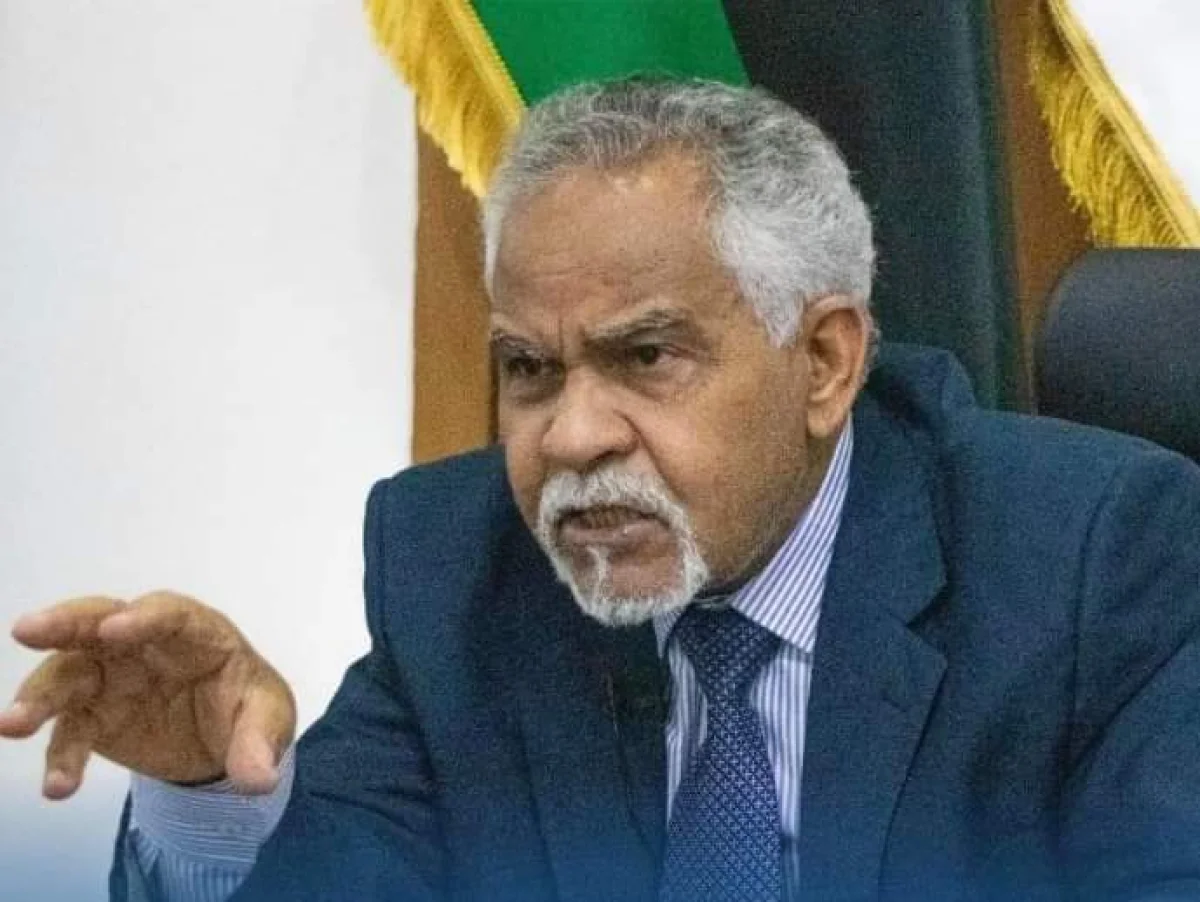Abu Snina: “Closing Currency Exchange Shops is Not a Solution; Regulating the Exchange Sector in Libya is More Effective”

Economic expert Mohamed Abu Snina stated that closing currency exchange shops in Souq Al-Mushir in Tripoli does not mean the cessation of foreign currency trading in the black market or controlling its prices. Instead, these operations will continue secretly “under the table” in homes, cafés, workshops, and unlicensed exchange offices and companies, as long as commercial banks stop or fail to provide this service.
Abu Snina added that this closure will likely lead to further increases in foreign currency prices due to the higher risks involved. Prices in the parallel market are determined by the demand for and supply of foreign currency, influenced by various factors not tied to a specific time or place. He stressed that instead of closures, the more effective approach, both now and in previous years, would have been to regulate this sector by licensing and authorizing exchange offices and companies under the supervision and oversight of the Central Bank of Libya, as is done in other countries worldwide.
Abu Snina also pointed out that exchange offices and companies should be monitored by the Central Bank, with these businesses required to submit regular reports on the amounts they buy and sell. This would allow the Central Bank to manage the foreign currency market and control exchange rates efficiently. He emphasized that what we see today, with shops displaying “exchange company” signs across various streets and neighborhoods in plain sight of regulatory authorities without Central Bank authorization, constitutes a clear violation of the law and is one of the distortions in Libya’s foreign currency market.



